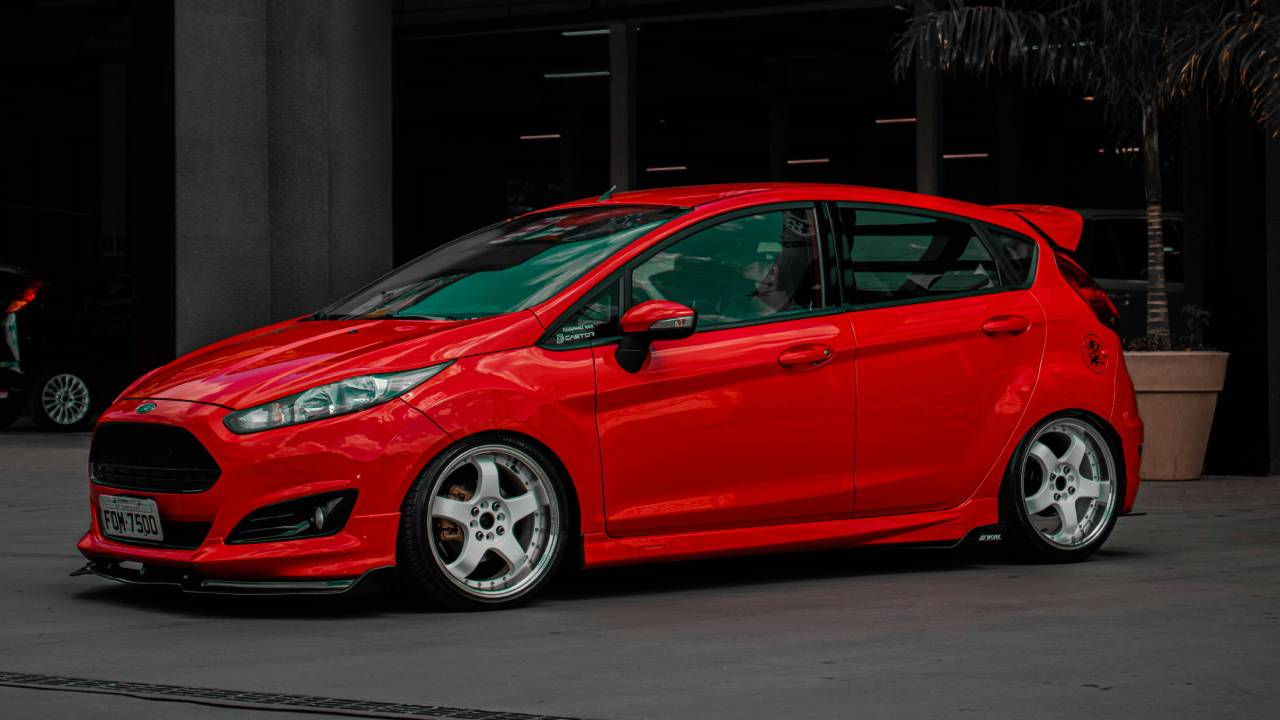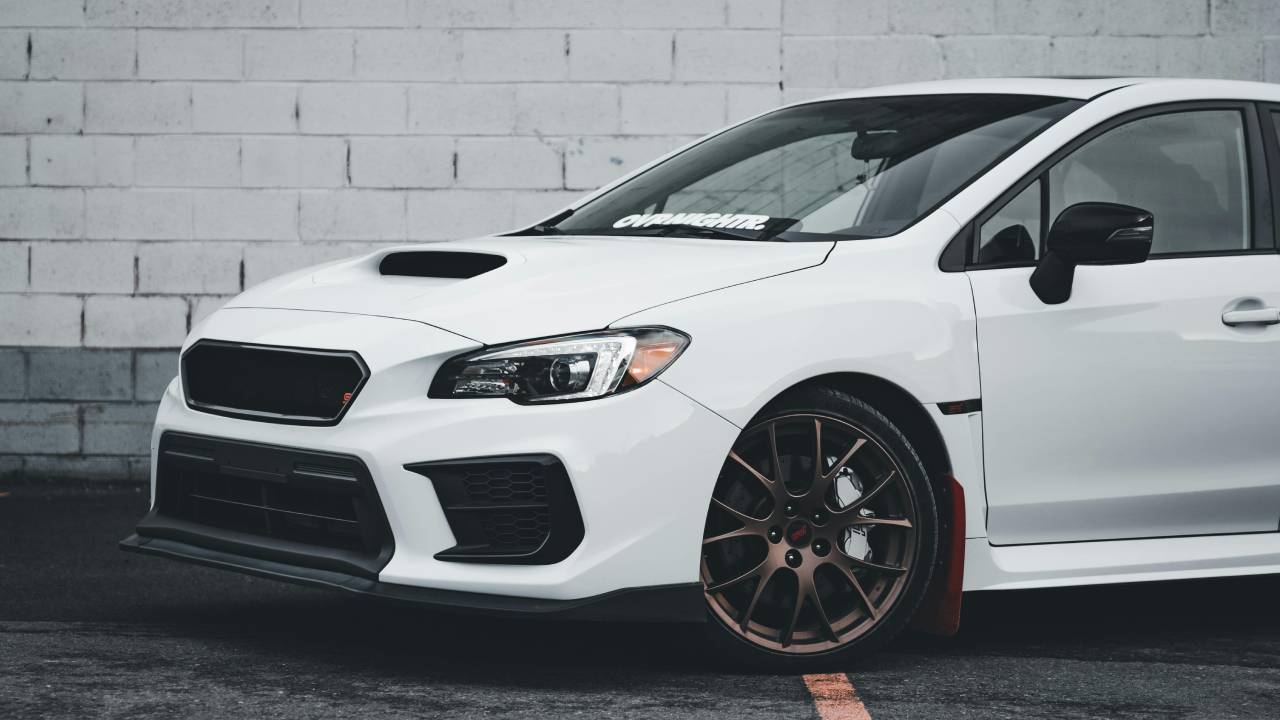Selling a car is never as simple as it sounds. Whether you’re upgrading to a new model, no longer need a vehicle, or looking for an eco-friendly option, deciding what to do with your current car can feel overwhelming. Two of the most common options are selling to a wrecker or finding a private buyer. But which path is the right one for you?
This blog will break down the pros and cons of each choice, with insights tailored to car owners, vehicle enthusiasts, and eco-conscious consumers. By the end, you’ll have a clearer picture of how to align your sale with your needs—and the planet’s needs.
Selling to a Wrecker: Pros and Cons
Selling your car to a wrecker, also known as a car scrapper or auto recycler, is an increasingly popular option, especially for older vehicles. But is it the right fit for you? Here are the key advantages and disadvantages.
Advantages of Selling to a Wrecker
- Quick Sale
Selling to a wrecker is often the fastest way to say goodbye to your old car. Many wreckers offer same-day pickup or quick turnaround times, saving you from the drawn-out process of finding a private buyer.
Example: If your vehicle no longer runs, wreckers often tow it free of charge, making the process seamless.
- No Need for Repairs
Unlike private buyers, wreckers don’t care about chipped paint or a loud muffler. They’ll buy vehicles regardless of their condition, saving you the hassle—and expense—of repairs or touch-ups.
- Environmental Impact
Wreckers dismantle and recycle vehicles, salvaging usable parts and materials like metal, which reduces landfill waste. For eco-conscious sellers, this can be a significant advantage, as wreckers often adhere to strict environmental guidelines.
Disadvantages of Selling to a Wrecker
- Lower Sale Price
While selling to a wrecker is convenient, the payout is typically lower compared to selling to a private buyer. Wreckers determine value based on the weight of usable materials rather than market demand.
- Limited Negotiation
Wreckers rarely negotiate on price. If you’re hoping to haggle for a top-dollar deal, this option may not meet your expectations.
Selling to a wrecker is ideal for those prioritizing convenience and responsible disposal. But does it offer the financial benefits of selling privately? Let’s explore.
Selling to a Private Buyer: Pros and Cons
Choosing to sell your car to a private buyer gives you more control over the process, but it also comes with added responsibilities.
Advantages of Selling to a Private Buyer
- Potential for Higher Sale Price
Private buyers often pay more than wreckers, especially if your car is in good condition or has desirable features like low mileage or a high-demand style.
- Opportunity for Negotiation
When dealing with individuals, there’s room to negotiate and find a middle ground that works for both parties. If you’re skilled at selling, this flexibility can result in better returns.
Disadvantages of Selling to a Private Buyer
- Time-Consuming
Listing your car, answering inquiries, and arranging test drives can take weeks—or even months. For busy car owners, this process can feel draining.
- Repairs and Clean-Up Required
Unlike wreckers, private buyers expect presentable vehicles. You’ll likely need to invest in repairs, detailing, and possibly advertising costs to attract buyers.
- Safety Concerns
Meeting strangers to showcase your car may pose some risks. From scammers to theft risks, extra precautions are necessary when engaging with potential private buyers.
Selling to a private buyer yields a higher financial return but at the cost of convenience and time. Before finalizing your decision, it’s worth considering another factor—your environmental impact.
Considerations for Eco-Conscious Consumers
If sustainability is a priority for you, selling your car requires more than just weighing financial and convenience factors. It’s also about minimizing your vehicle’s impact on the environment.
Environmental Impact of Selling to a Wrecker vs. Private Buyer
- Selling to a Wrecker:
Wrecking facilities recycle or dispose of car parts responsibly, which reduces waste. Materials like glass and metal get a second life, while hazardous fluids are safely disposed of.
However, emissions tied to towing your car might slightly offset these benefits if the wrecker isn’t local.
- Selling to a Private Buyer:
Selling a well-maintained car to a private buyer keeps it on the road longer, delaying the resource-intensive process of producing a new vehicle. However, selling older, less eco-friendly cars (e.g., gas guzzlers) could contribute to higher emissions down the line.
Ways to Minimize Your Vehicle’s Carbon Footprint
- Opt for local buyers or wreckers to reduce transportation-related emissions.
- Be honest about the condition of your car when selling privately—this ensures the buyer is likely to maintain it, extending its life.
- Donate or sell reusable parts, such as tires or batteries, if you’re handling disposal yourself.
What’s the Right Choice for You?
Ultimately, your decision should balance your priorities—whether they’re financial, environmental, or centered on convenience. Here’s a quick recap:
- Choose selling to a wrecker if you want a quick, hassle-free transaction with environmental benefits, especially for damaged or non-functional vehicles.
- Opt for selling to a private buyer if you want maximum financial returns and are willing to invest the time and effort to prepare your car for sale.
Need further guidance? Seek advice from professionals or review resources that specialize in car sales to help you make a fully informed choice.

